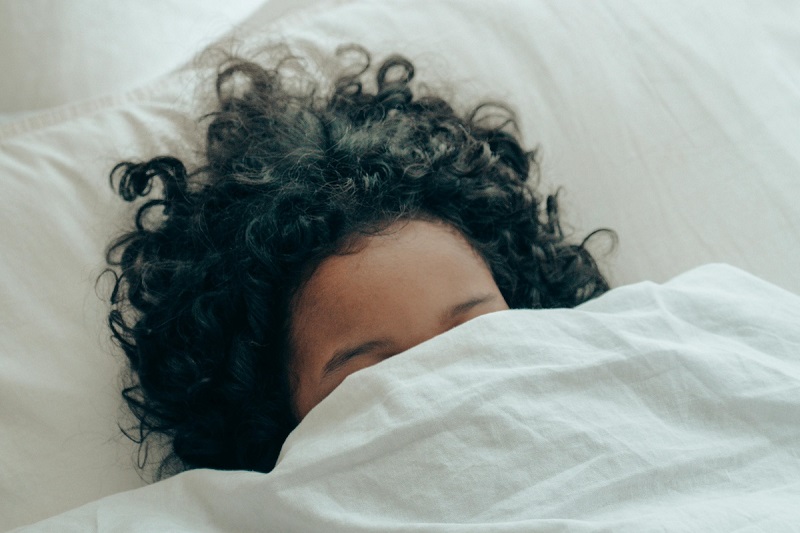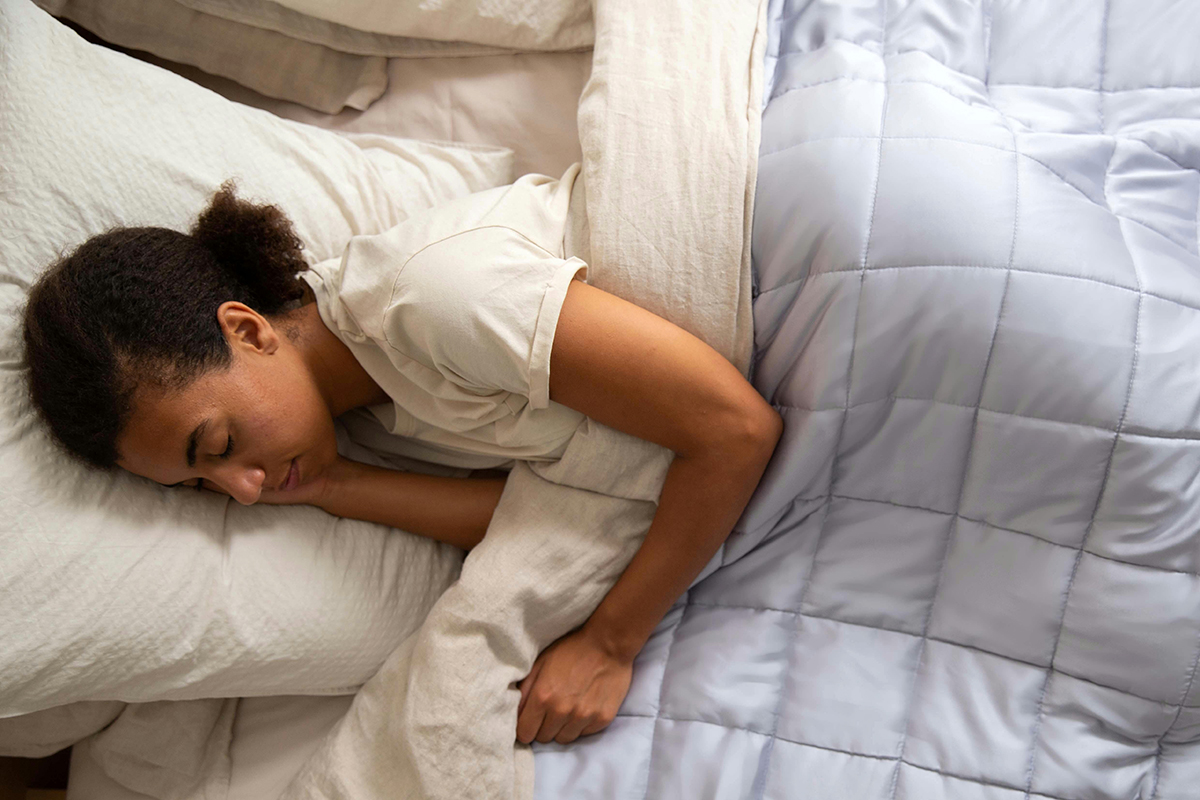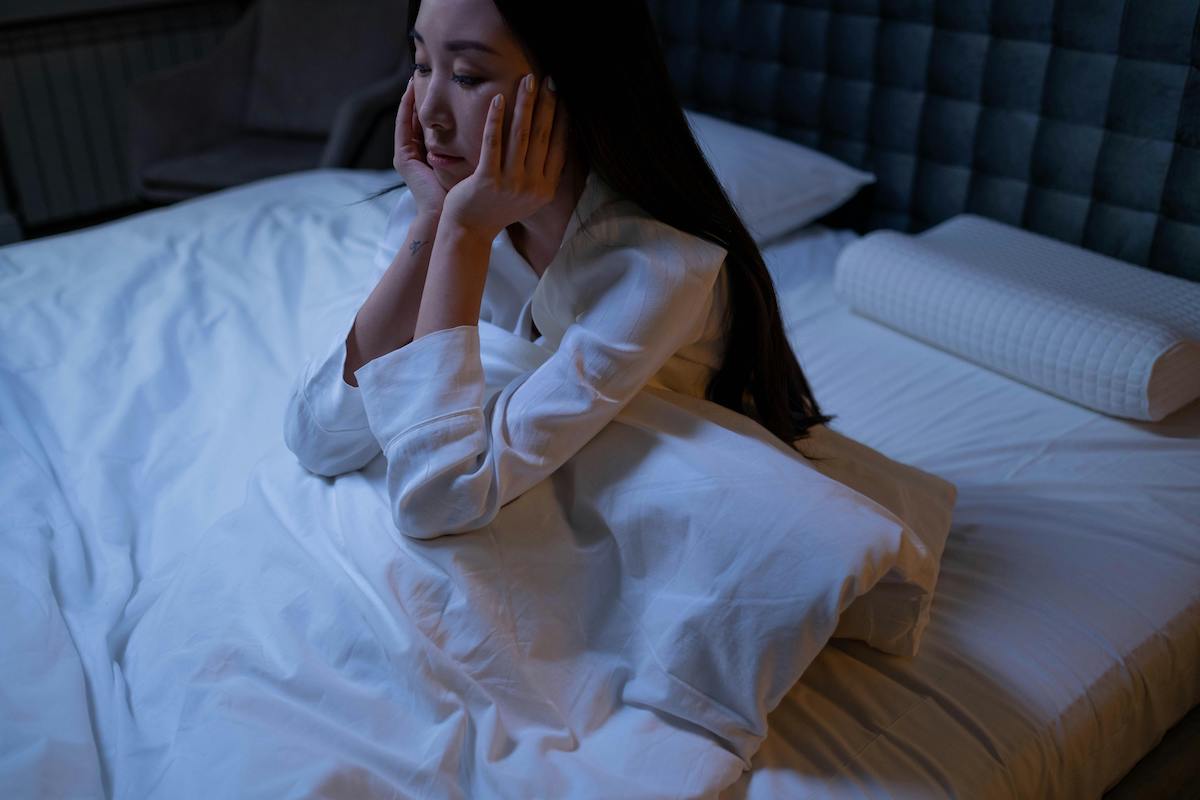There’s a lot of buzz on social media that sleep studies that determined we need eight hours of sleep didn’t actually include women. Do women, especially moms, need more sleep than men?
—Ali
First of all, eight hours of sleep is a myth for everyone. This BBC article is an excellent read on the overall patterns of human sleep. At least some set of researchers think it’s clear that the natural human sleep cycle is a longer “first sleep,” followed by a couple of hours of being awake, followed by a second sleep. During the awake time, people hang out, or read, or have sex, etc. Anyway! We don’t do this, and it wasn’t your question. Sleep is just very interesting.
Even within our current “single sleep” mode, eight hours is really based on nothing. Sleep studies (where you bring people into a lab and see how much they naturally sleep if unconstrained) suggest that most people demand between seven and nine hours of sleep. To the extent that there are average differences across sexes, they are not likely to be large, but there is evidence that sleep for women is worse. This article does a nice job of discussing the situation: women face more hormone-related disruptions, more life-cycle-related disruptions (such as children), and so on.

Perimenopause and menopause transitions mess with sleep. Pregnancy messes with sleep. Postpartum hormones mess with sleep. Puberty! I’m holding out hope that when I’m old, I will sleep amazingly, but I think old age also messes with your sleep.
On a practical level, the first question you might ask is how you know whether you are getting enough sleep. The answer is going to be largely the same as when we discuss it with kids. If you are well-rested, you should wake up at about the same time every day. In particular, if you normally wake up with your alarm at 6 but without an alarm you’d easily sleep until 10, you are not well-rested. The second question is whether you’re tired during the day. If you find yourself yawning or falling asleep in meetings, this is a good clue that you are not getting enough sleep.
Second question: If that’s the case, how could you improve it? It might be very hard, especially if your problem is that your children get up at night, or … hormones. But there are some basic strategies: go to bed earlier if you can, keep your room dark, avoid screens before bed. There’s also some opportunity for self-experimentation — try alcohol avoidance, or see if changing your room temperature helps.
Happy sleeping!
Community Guidelines















Log in